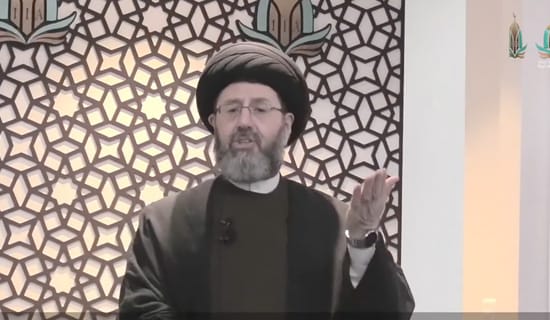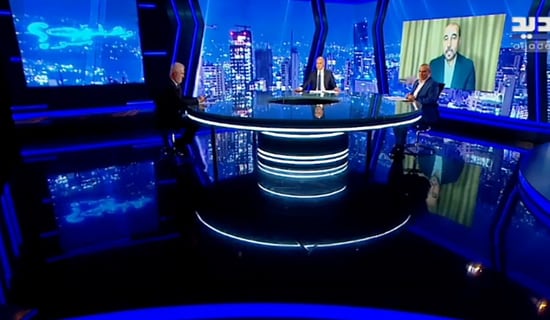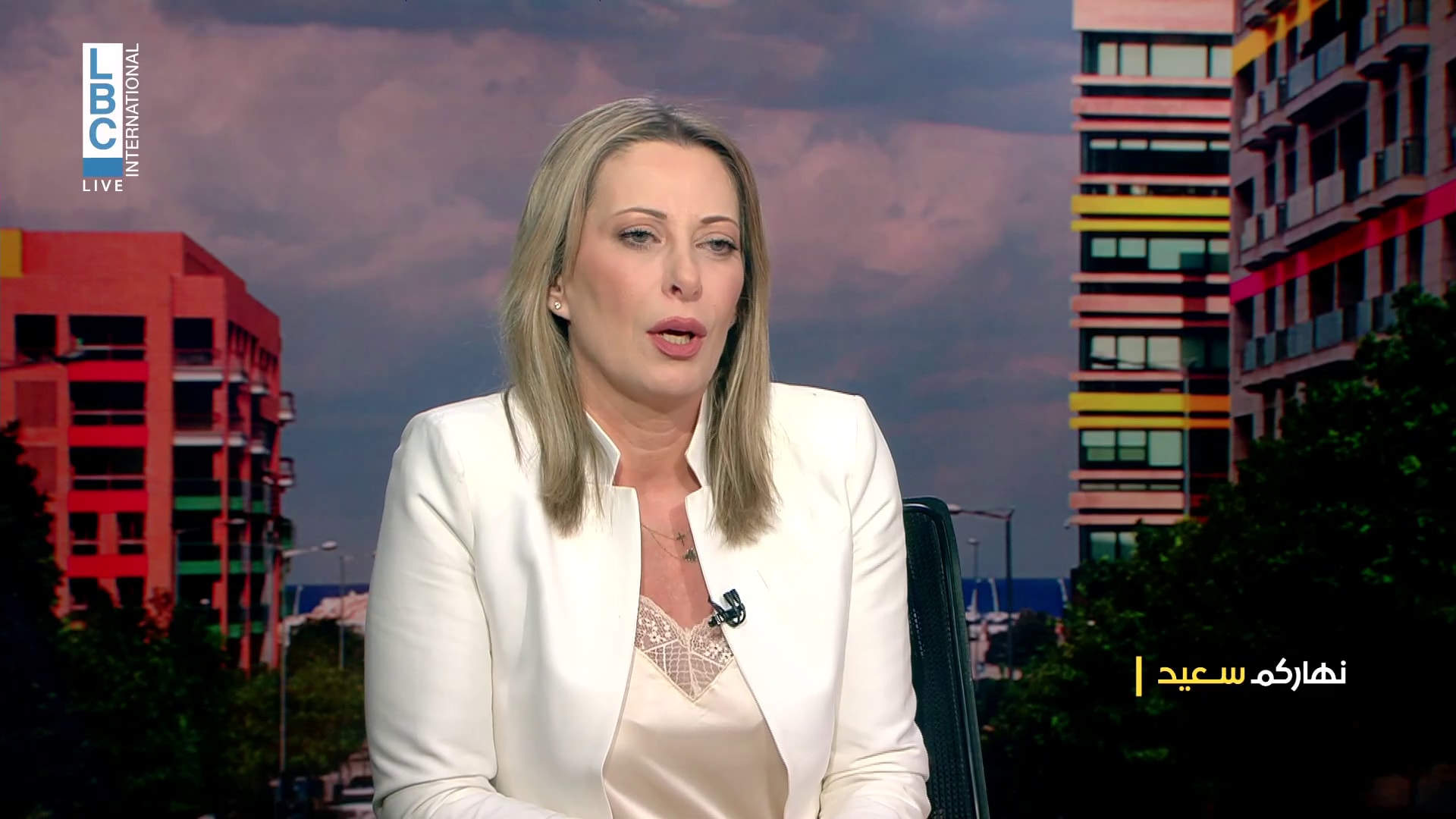
Following are excerpts from an interview with former dean of Islamic law at Qatar University, Abd Al-Hamid Al-Ansari. The interview aired on Anwar TV on January 25, 2006.
Interviewer: Do you think that we are facing great changes in the Gulf countries, or are these merely cosmetic changes, intended to adjust to the prevailing global trend?
Abd Al-Hamid Al-Ansari: I accept the latter option, that these are merely adjustments for the sake of appearance, but with no real substance. This is how I analyze this.
As I told you, the governments are smart enough to address the world in the language it understands. I call it a "globalized language," which means the language of the modern age, of common interests, human rights, women's rights, and respect for minorities.
On the other hand, [the governments] address their own people in a language that is oppressive and racist. This oppressive, racist, and backward language reflects the education, legislation, religious discourse, and upbringing.
[...]
I support the so-called "positive [international] intervention" – intervention in the form of criticism. If we neglect human rights and do not treat people equally – how can we expect the international community to remain silent? If it does not, when will the situation be rectified?
We too interfere. The Gulf countries interfere in other countries' affairs. We criticize America for its actions and policies.
[...]
The Arab countries interfere in Iraq's affairs, and so do the other countries in the region. This interference assumes various forms such as encouraging those rebels, whom they refer to as "the resistance," providing moral support and the support of the media. As you know, the Gulf media refers to what happens in Iraq as "resistance" and "Jihad." If, for example, someone blows himself up in a mosque, in a mourners' gathering, in a hospital, or at a bus station, the media calls it martyrdom-seeking and Jihad.
This kind of incitement and influence... I believe that if these [rebels] lost the moral support of the Gulf countries, terrorist operations would decline.













